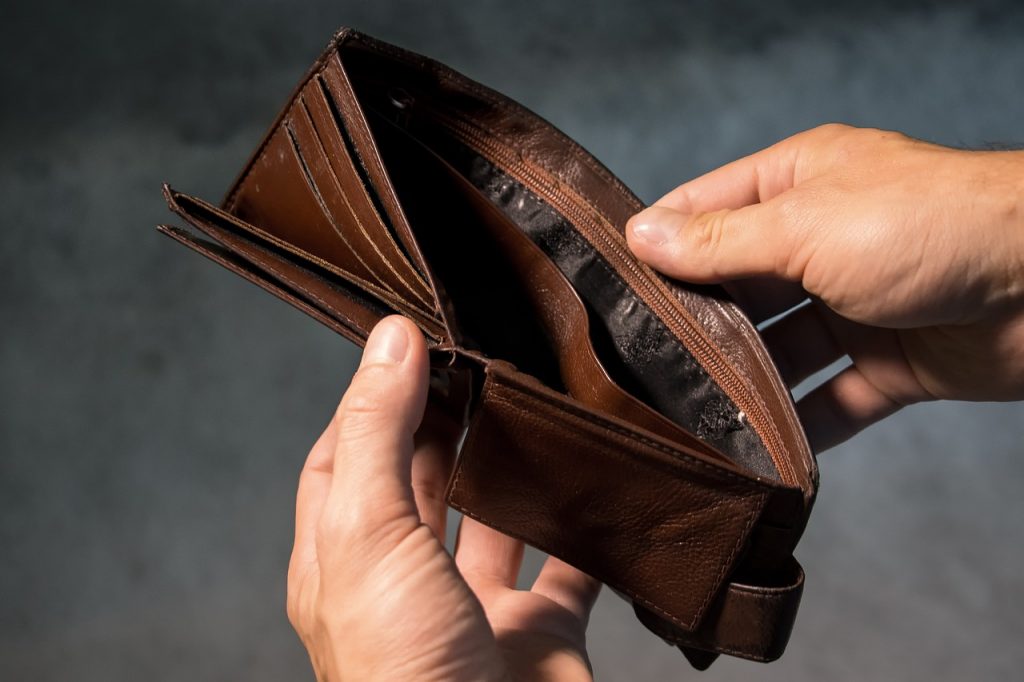All opinions are mine and mine alone.
What Consequences Do You Face When You’re Bankrupt?
If you’re realising that your debts are getting out of control and you can’t cope anymore then you might be thinking about applying for bankruptcy. First of all, you should get advice and guidance from the people at Creditfix so you know you’re doing the right thing.
Why people declare themselves bankrupt
You can either declare yourself bankrupt or in some circumstances you may be forced by one or more of your creditors. If you owe any one creditor more than £5,000, it can apply to make you bankrupt. In general, however, bankruptcy is a last option and is usually only taken by people with unsecured debts of £20,000 or more.
If you owe less than £20,000 then you might find an individual voluntary arrangement (IVA) or a debt relief order (DRO) more appropriate.
How does bankruptcy work?
To start the process, you must complete an online form on the GOV.uk website. You need to have at hand your payslips, bills, mortgage or tenancy agreements, details of your debts and other information to hand.
The application costs £680 in England and Wales and £669 in Northern Ireland; if you pay online you can make instalments of as little as £5.
Once you’ve submitted your application the adjudicator has 28 days to decide whether to make a bankruptcy order or to reject your application.
If you’re successful
If you get your bankruptcy order then your accounts will be frozen straight away and some or all of your property and assets may be sold to pay your debts. The remainder of your debt will be written off unless you have enough income to make additional payments; these payments can go on for up to three years.
How long does bankruptcy last for?
Bankruptcy usually lasts for 12 months, during which time you’re an “undischarged bankrupt”. Once your bankruptcy is over, it’ll stay on file for a further five years and credit agencies, banks and other organisations can see the information. They’ll use this in their decision-making processes.
Can you get new credit while bankrupt?
While you’re filing for bankruptcy, you’ll be unable to get a personal loan or a credit card. In the 12 months until your discharge you’ll be unable to get or use a bank account that has a chequebook or overdraft facility.
You’ll most likely be restricted to a basic bank account that can pay your direct debits and standing orders and receive your salary and benefits.
What other things can be affected?
It’s not just credit, loans and bank accounts that are affected by bankruptcy. You may find that things like insurance policies and mobile phone contracts become more expensive. If asked, you must tell service providers that you’ve been made bankrupt, even if it makes the service pricier. Failure to declare bankruptcy on an insurance policy, for example, might invalidate it.
If you owe a lot of money then your home may be sold to pay your creditors. Finding a rental property can be tougher if you’ve recently been bankrupt so it helps to have a guarantor in the form of a financially-sound relative or friend.




Speak Your Mind